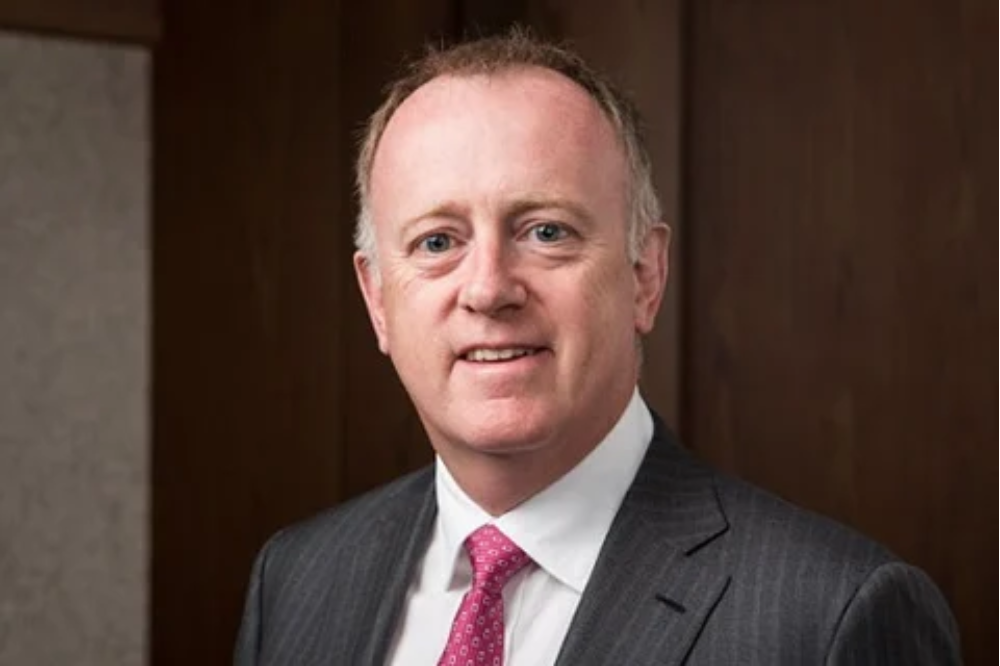![]()
Worldwide, Amazon has over 300 million active customer accounts and it saw revenues of nearly $470 billion last year. With its products including Ring doorbells, Alexa voice assistants, and – a recent addition – iRobot vacuums, the underwriting data its connected home arsenal could potentially provide could spell opportunity for insurer partners but could also give them pause for thought depending on its ambitions.
Read more: It’s official – Amazon unveils insurance store
Amazon, according to Oxbow, is well poised to “ride” what the firm identified as key insurance trends, including personalisation and embedded insurance.
“Insurers and insurtechs have been trying to make these trends work for several years, often in isolation, and certainly largely without any kind of breakthrough success,” Oxbow said in its briefing.
“Amazon is, in our opinion, in a position to change the game.”
Should Amazon Insurance Store build on its initial home cover proposition – as of October three insurer partners were on board, LV, Ageas and Co-op – and become a “super gatekeeper” for insurance, multiple parts of the industry chain could be affected.
“I’d be concerned if I was an insurer,” Oxbow Partners partner Chris Sandilands told Insurance Business.
Big tech could look to further financial services acquisitions, a recent FCA paper set out. Market speculation has included that Amazon could later look to establish or purchase its own insurer, depending on how the insurance store performs for it.
“I don’t think they’d struggle to buy a balance sheet if they wanted one – but the key point is, do they want one?” Sandilands queried.
Underwriting costs and the regulatory burden have been mooted as barriers to an Amazon insurer entry.
Should Amazon continue partnering with insurers and start to take market share away from PCWs, this could have a “knock-on effect” on brokers.
“A lot of their volumes from price comparison sites, so it’s not obvious that they would have a role to play in the Amazon model,” Sandilands said.
It is PCWs, though, that have already felt some market concern around the Amazon entry. Go Compare, Money Supermarket, and Compare the Market all saw their share prices dip upwards of 3% on the news.
Amazon had reportedly been mulling a price comparison entry since at least 2018.
Read more: Amazon ‘in talks with insurers for UK price comparison site’
“The market certainly thought that this was a real threat, with share prices slipping considerably on the day Amazon announced their launch,” said Altus insurance director Mark Andrews.
Recent years have seen GoCo sold to Future and Admiral’s Penguin Portals comparison business, including Confused, sold to RVU. The market has also grappled with general insurance pricing practices rule changes, as the FCA has worked to stamp out dual pricing.
“The incumbent PCWs are feeling the pressure from big tech, the traditional comparison model needs to change and that this is the top of the market and a time to get best value from a sale,” Andrews said.
Amazon’s insurance store launched with a “standards” commitment, which, along with PCWs’ strong foothold in terms of brand association for consumers, led experts to question whether the tech behemoth will look to compete on experience rather than price.
“Brand association for Meercats and Opera Singers is about saving customers money and making the time spent looking for insurance as short as possible,” Andrews said.
“They’ve spent millions drumming that message over many years; I don’t see Amazon following that message, they’ll need to invent a new way to attract customers.”
Amazon’s insurance entry was ranked just a three out of 10 for impact by Altus, and Andrews described the move as a “toe in the water distribution deal”.
With three insurer partners on board, the insurance store looks more managing general agent (MGA) or distribution partner than PCW for now; its question set – at 37 questions – is also around half the size of the big PCWs.
For the short term, PCWs will “continue to win” when it comes to brand loyalty and customer apathy, Andrews predicted.
“If PCWs can convince customers they are getting a tailored, unbiased and trustworthy recommendation, they can outshine Amazon,” said Somo SVP of Experience Design, Zeina Fahra.
“The flip side of the massive marketplace is that people aren’t sure what results to trust on Amazon. Why are they being shown those choices versus others? Is it a paid placement?
“People may distrust an insurance offering from Amazon if they’re unclear on why they are being presented with that option.”
Given the Amazon venture remains in its early days – and remained available only to select users at time of writing –, just how it might evolve remains “anyone’s guess”, in the words of René Shoenauer, Guidewire director of product marketing, EMEA.
Google, a fellow big tech giant, shuttered its comparison site play in 2016 – just a year after launch.
“The question for market incumbents is how they protect against being swallowed up by the Amazon machine if this foray proves successful and they make a larger play to offer Amazon branded policies, likely backed by a white-label provider,” Shoenauer said.
“The big thing here is that consumers will become normalised to buying insurance from Amazon, and Amazon will be able to refine its customer portals, the purchasing journey for consumers, and the links between them and the insurance providers.”
Source




















